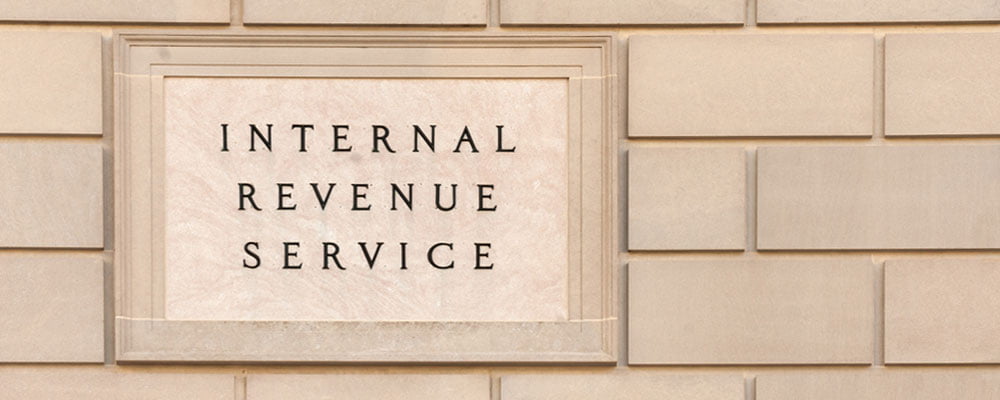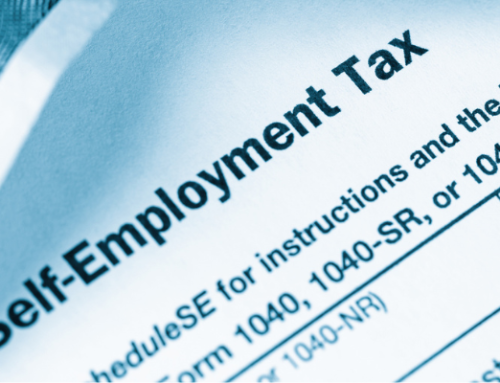Enacted Legislation
Wednesday evening, H.R. 6201, the Families First Coronavirus Response Act was signed into law. There were some important updates from the original House version.
H.R. 6201 creates an emergency paid leave program for coronavirus related situations. There are two categories: Coronavirus Emergency Leave and Emergency Sick Leave. Each category has its own rules and both provide employer tax credits.
Emergency Leave (FMLA expansion)
Applies to: Private sector employers with fewer than 500 workers and government entities
Situations Covered – Employees who are unable to work (or telework) due to:
- The need to provide care for the son or daughter under 18 years of age of such employee if the school or place of care has been closed, or the child care provider of such son or daughter is unavailable, due to a public health emergency
Pay Requirements:
- First 10 days – could be unpaid, though employees may choose to use accrued personal/vacation/other paid leave available
- After 10 days – employees would receive a benefit from their employers that will be at least two-thirds their normal pay rate
Emergency Paid Sick Leave
Applies to: Private sector employers with fewer than 500 workers and government entities
Situations Covered – Employees who are unable to work (or telework) due to:
- A federal, state or local quarantine or isolation order related to COVID-19
- Advice given by a health care provider to self-quarantine due to concerns related to COVID-19
- The employee experiencing symptoms of COVID-19 and seeking a medical diagnosis
- The need to provide care for an individual who is subject to a federal, state or local quarantine order, or the individual has been advised to self-quarantine due to concerns related to COVID-19
- The need to care for the employee’s son or daughter, if the child’s school or child care facility has been closed or the child’s care provider is unavailable due to COVID-19 precautions
- The employee experiencing any other substantially similar condition specified by Health and Human Services
Pay Requirements: Provide employees with paid sick time off
- Full-time employees – receive 80 hours of sick leave
- Part-time employees – granted paid time off equivalent to their schedule or normal work hours in a two-week period.
- Rate: Full or 2/3 rate, depending on circumstances; see tax credits section for details
- Cannot require a worker use any other available paid leave before using sick time
- Employers who have existing paid leave policies must still issue emergency sick leave
Acts prohibited:
- Requiring employee find a replacement worker
- Discharging or discriminating against workers for requesting paid sick leave
Exceptions
The Department of Labor is now explicitly authorized to issue regulations which, among other things
- Exclude health-care providers and emergency responders from paid leave benefits
- Exempt small businesses with fewer than 50 employees from the paid leave requirement when providing emergency paid sick leave would jeopardize the viability of the business
Employer Tax Credits
This legislation would provide payroll tax credits to employers to cover wages paid to employees under both the Emergency Leave (FMLA expansion) and the Emergency Paid Sick Leave.
Emergency Leave (FMLA Expansion) Credit:
- As much as $200 per day per employee (maximum of $10,000 per employee)
Emergency Paid Sick Leave Credit:
- As much as $511 per day per employee while the employee is receiving paid sick leave to care for themselves – paid out at lesser of full rate or limit (maximum of $5,110 per employee)
- As much as $200 per day per employee if the sick leave is to care for a family member or child whose school is closed – paid out at lesser of 2/3 rate or limit (maximum of $2,000 per employee)
Credits would be in effect for the remainder of 2020. Credits would be refundable to the employer if the amount exceeds the amount the employer owed in payroll tax.
Self-Employed Tax Credit
The measure provides similar relief in the form of a refundable tax credit against self-employment tax. Self-employed individuals would qualify for sick-leave equivalent amounts of the lesser of their daily average self-employment income or the limits described above ($511/day or $200/day). Additional documentation would be required.
Effective Date
The changes discussed above would take effect not later than 15 days after the enactment of the law (signed into law March 18, 2020).
Additional Details
Details, such as the mechanism for claiming the credits described above, are pending specific Treasury and IRS guidance.
What’s Next?
The Senate is working on a large economic stimulus package, they are calling the “third wave” legislation. Based on recent comments, we believe the package will likely come together early next week and have a price tag of approximately $1 trillion.
We continue to track legislation and will update you as information is available.
Payment Deadline Changes
Late Wednesday afternoon, Treasury released Notice 2020-17, which defined the previously discussed payment extensions.
Tax payments due April 15, 2020, including both 2019 income tax payments and 2020 estimated income tax payments, are postponed until July 15, 2020. Individual taxpayers may defer up to $1 million and corporations and controlled groups may defer up to $10 million in payments without penalty or interest.
While payment is extended, returns are not. Taxpayers must file or request an automatic six-month extension by April 15, 2020.
State Conformity
Maryland – will conform with the IRS’s 90-day extension of income tax payments from April 15 to July 15, 2020. No separate Maryland extension is needed if a federal extension is filed.
Virginia – has not yet commented on conformity. Absent any extension of time to pay or file, Virginia taxes are due by May 1, 2020. Virginia does accept federal extensions of time to file.
Washington DC – has not yet commented on conformity. Absent any extension of time to pay or file, DC taxes are due by April 15, 2020. DC requires a separate extension of time to file.





